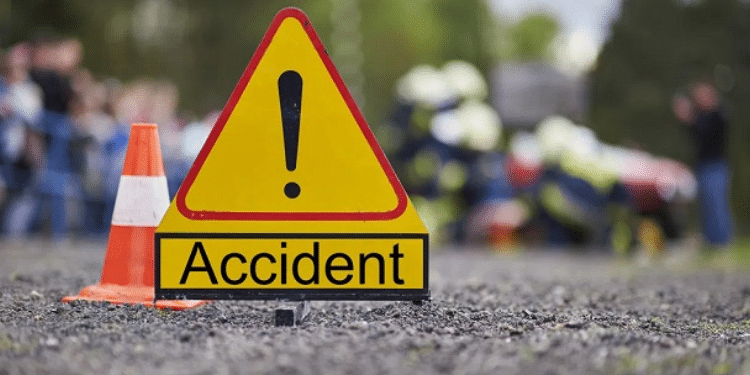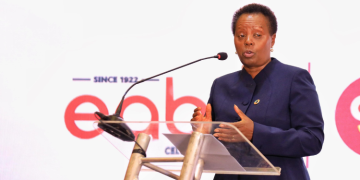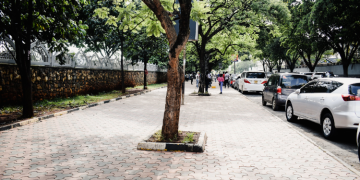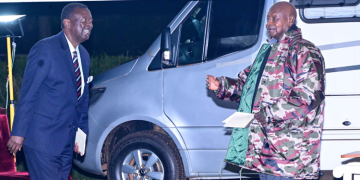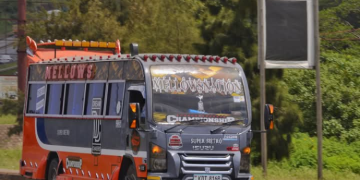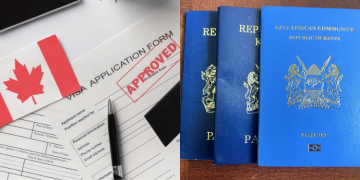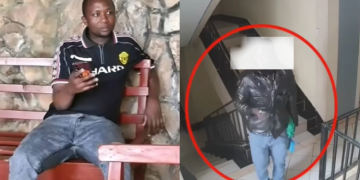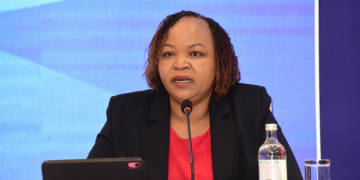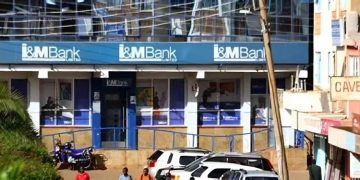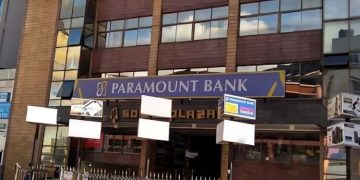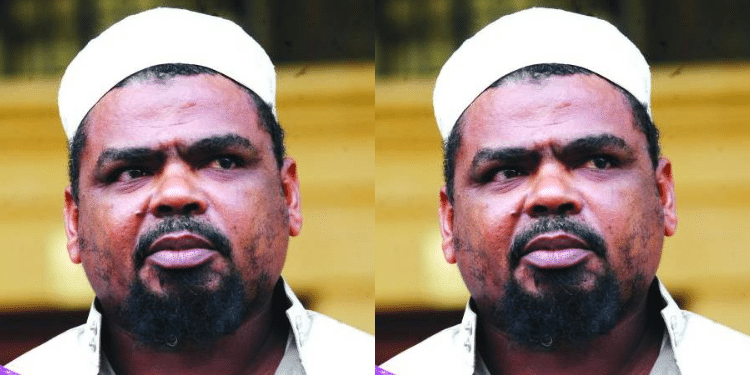On August 27, 2012, Sheikh Abud Rogo was driving a white 14-seater Nissan van with six passengers, including his wife, Haniya Said Saggar; his father, Abdalla Ali; his five-year-old daughter; and other daughters.
Rogo was headed to the hospital so his wife could seek medical attention, as she was reportedly unwell.
As he approached Pirates Beach in Mombasa, an unmarked saloon car overtook Rogo’s van. Two gunmen inside that car opened fire, targeting Rogo directly. His vehicle was reportedly struck by more than 15 bullets during the drive-by shooting.
After the incident, Rogo’s wife accused the police of being responsible for her husband’s death. However, the Kenyan police distanced themselves from the murder, suggesting it was linked to internal conflicts within Al-Shabaab.
Political leaders, including then-Prime Minister Raila Odinga, condemned the killing of the cleric and urged investigative agencies to expedite their probe into Rogo’s death.
Sheikh Abud Rogo Killed
Odinga called for calm among Mombasa residents, urging both Muslims and Christians to exercise restraint to prevent an “inter-religious war.”
He described the shooting of Abud Rogo as a “heinous act” and condemned it in the strongest possible terms.
“We urge for calm because I know emotions are running high. We don’t want to see an inter-religious war come out of this because this has nothing to do with religion,” Odinga added.
Also Read: Today in History: Msando Found Murdered Alongside 21-Year-Old KMTC Student
Following the news of Sheikh Abud Rogo’s death, his supporters gathered in Mombasa, and some members of the Muslim community accused the Kenyan police of orchestrating the killing.
Protests and riots erupted, leading to escalating violence in the streets of Mombasa, particularly in areas like Majengo and Kisauni, which had a significant following of Rogo. Protesters blocked roads, lit bonfires, and stoned vehicles. Shops were looted, and several police stations and churches were attacked.
Muslim Cleric Slapped with Sanctions
Before his death, Rogo had faced international sanctions from various European nations primarily due to accusations of recruitment, financing, and logistical support for Al-Shabaab.
In July 2012, the United Nations Security Council’s Al-Qaida Sanctions Committee added Rogo to its sanctions list under Resolution 1267/1989 for “providing financial, material, logistical, or technical support to Al-Shabaab.” The UN accused him of being a key figure in recruiting and radicalising Kenyan youths to join Al-Shabaab in Somalia, as well as facilitating their travel and training.
Also Read: Today In History: Raila Odinga Whipped by an Elderly Man in Kwale
The sanctions included an asset freeze, travel ban, and arms embargo, which restricted his financial transactions and international movement.
Additionally, before his death, Rogo had reported several times to the police that he was being followed and that there were people trying to kill him. To this day, no one has been apprehended for his murder.
Follow our WhatsApp Channel and X Account for real-time news updates.


